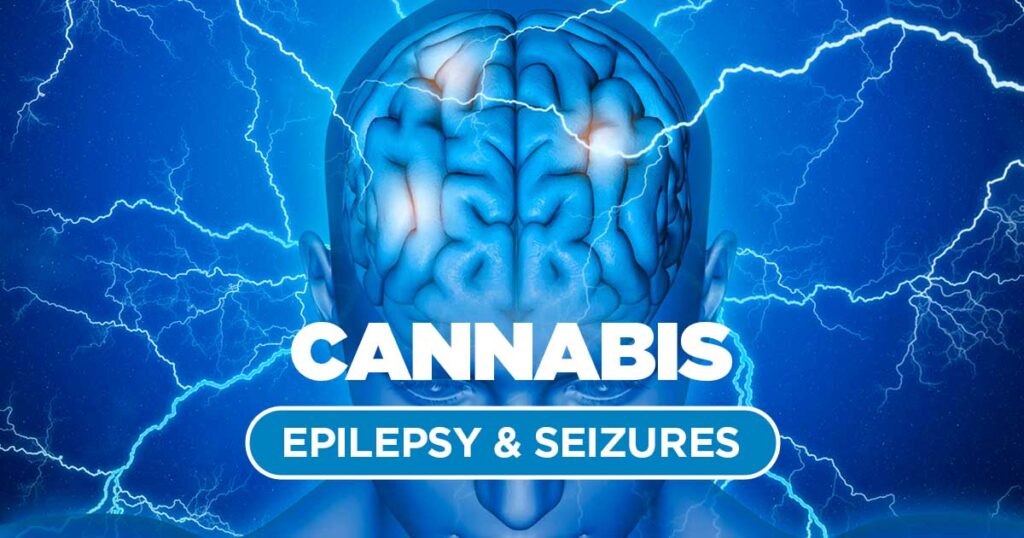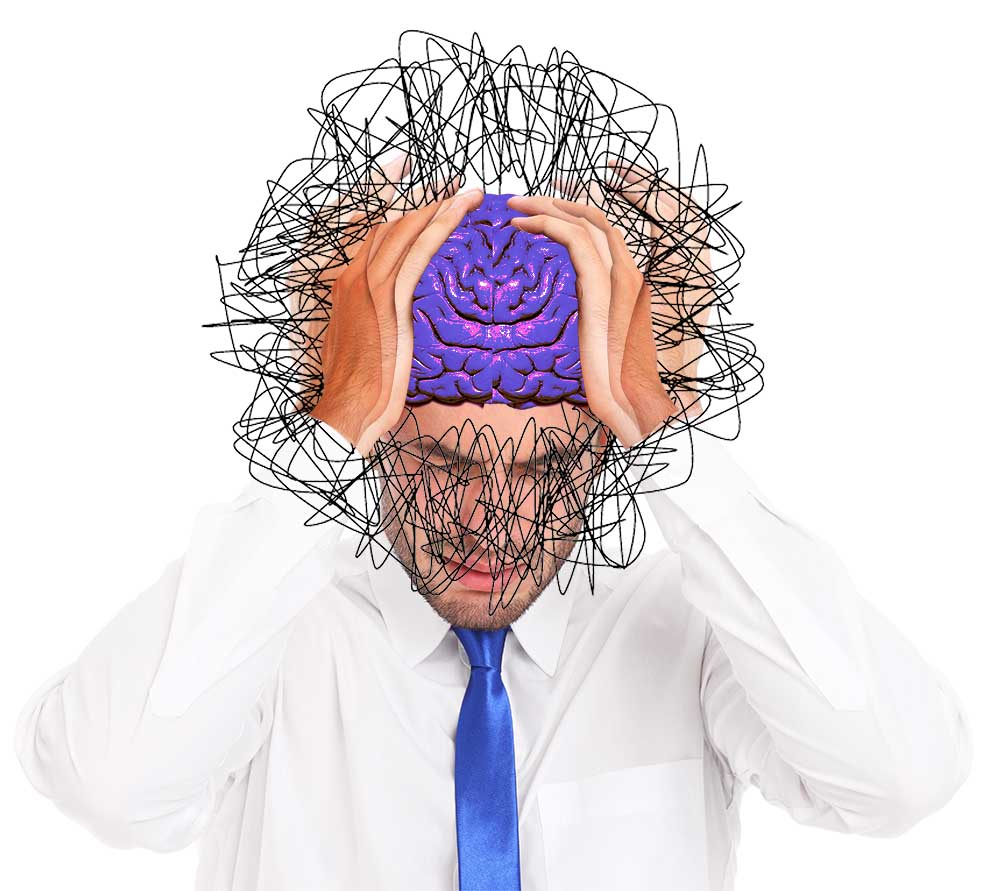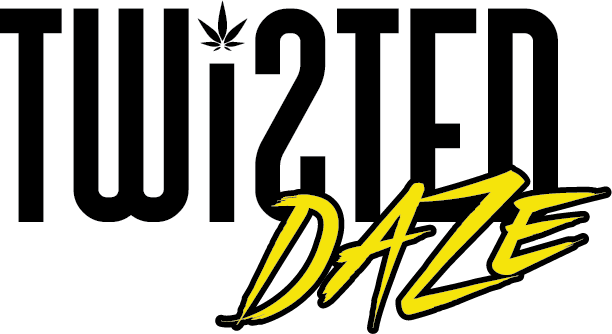
There is some evidence to suggest that cannabis may have benefits for epilepsy and seizure patients. The two main cannabinoids found in cannabis, THC (tetrahydrocannabinol) and CBD (cannabidiol), have been studied for their effects on epilepsy and seizures.
CBD & THC, has shown promise in reducing the frequency and severity of seizures in some patients with certain types of epilepsy, such as Dravet syndrome and Lennox-Gastaut syndrome. In fact, in 2018, the FDA approved a drug called Epidiolex for the treatment of these two types of epilepsy.
While not everyone with epilepsy or seizures should or would consider medical cannabis or cannabidiol (CBD) as a treatment option, some people living with uncontrolled seizures have reported beneficial effects and reduced seizure activity when using medical cannabis, especially strains rich in CBD.
While more research is needed to fully understand the potential benefits of cannabis for epilepsy and seizure patients, some studies have suggested that cannabis may have anticonvulsant properties and could be a useful adjunct therapy for some patients. However, it is important to note that the use of cannabis for medical purposes should be done under the supervision of a healthcare professional, as it can have potential side effects and interactions with other medications.
People living with uncontrolled seizures have reported beneficial effects and reduced seizure activity when using medical cannabis, especially strains rich in CBD.
While more research is needed to fully understand the potential benefits of edible cannabis for epilepsy and seizure patients, some studies have suggested that it may have some benefits, including:

It is important to note that the use of edible cannabis for medical purposes should be done under the supervision of a healthcare professional, as it can have potential side effects and interactions with other medications.
Keywords: Cannabis; epilepsy; sizures; marihuana; marijuana
